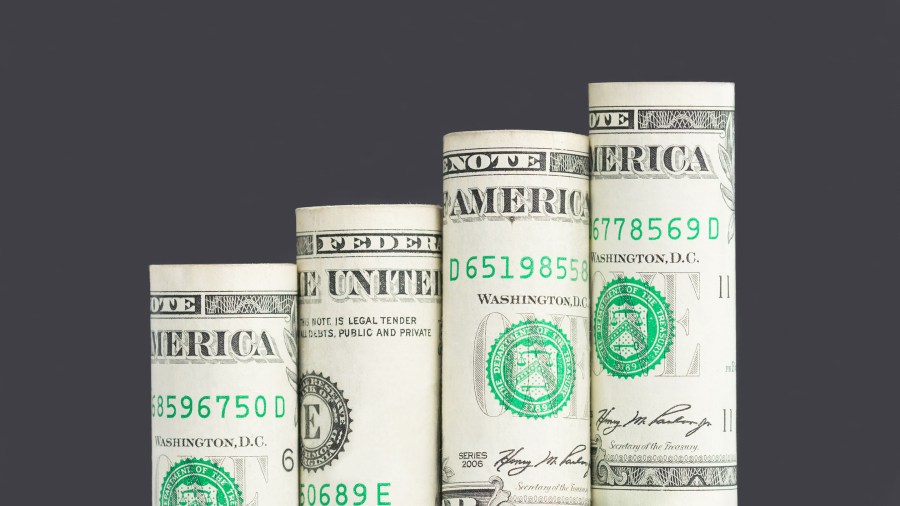What’s up with the field of economics?

Economics is a social science. It involves theories and models and lots of math. So why is it so hard for economists to agree? And why is there often a disconnect between what economists say will happen and what actually happens in the real economy? That’s something Molly has been wondering about. So we turned it into a show and called in some help.
Colin Camerer, the Robert Kirby professor of behavioral economics at the California Institute of Technology, says there’s a big divide between microeconomics and macroeconomics.
“It’s a little bit like geology, where we understand a lot about about rocks and mountains and how old they are, that’s micro, and earthquake forecasting, in which we know that there will be a big quake … but we don’t know if it’s going to be next year, five years, 10 years … that’s kind of like macro.”
On the show today, Camerer explains the role economists play in society and how we should be thinking about what they tell us, especially since their findings sometimes drive public policy debates.
In the news fix, America is in a AI battle with China, and it’s not looking great for team USA. Plus, who is really benefiting from Zillow’s failed plan to flip thousands of homes?
We’ll also hear from listeners who have mixed feelings about the outcome of the COP26 climate summit and an answer to the Make Me Smart question that has us wondering whether anything we know is true anymore.
Here’s everything we talked about today:
- “A New Study of Economics as a Science Says It’s Still Dismal” from Wired
- “What economists have gotten wrong for decades” from Vox
- “US has already lost AI fight to China, says ex-Pentagon software chief” from the Financial Times
- “Zillow Seeks to Sell 7,000 Homes for $2.8 Billion After Flipping Halt” from Bloomberg
- “COP26: 7 climate takeaways from Day 1 of the Glasgow talks” from CNN
None of us is as smart as all of us.
No matter how bananapants your day is, “Make Me Smart” is here to help you through it all— 5 days a week.
It’s never just a one-way conversation. Your questions, reactions, and donations are a vital part of the show. And we’re grateful for every single one.


















